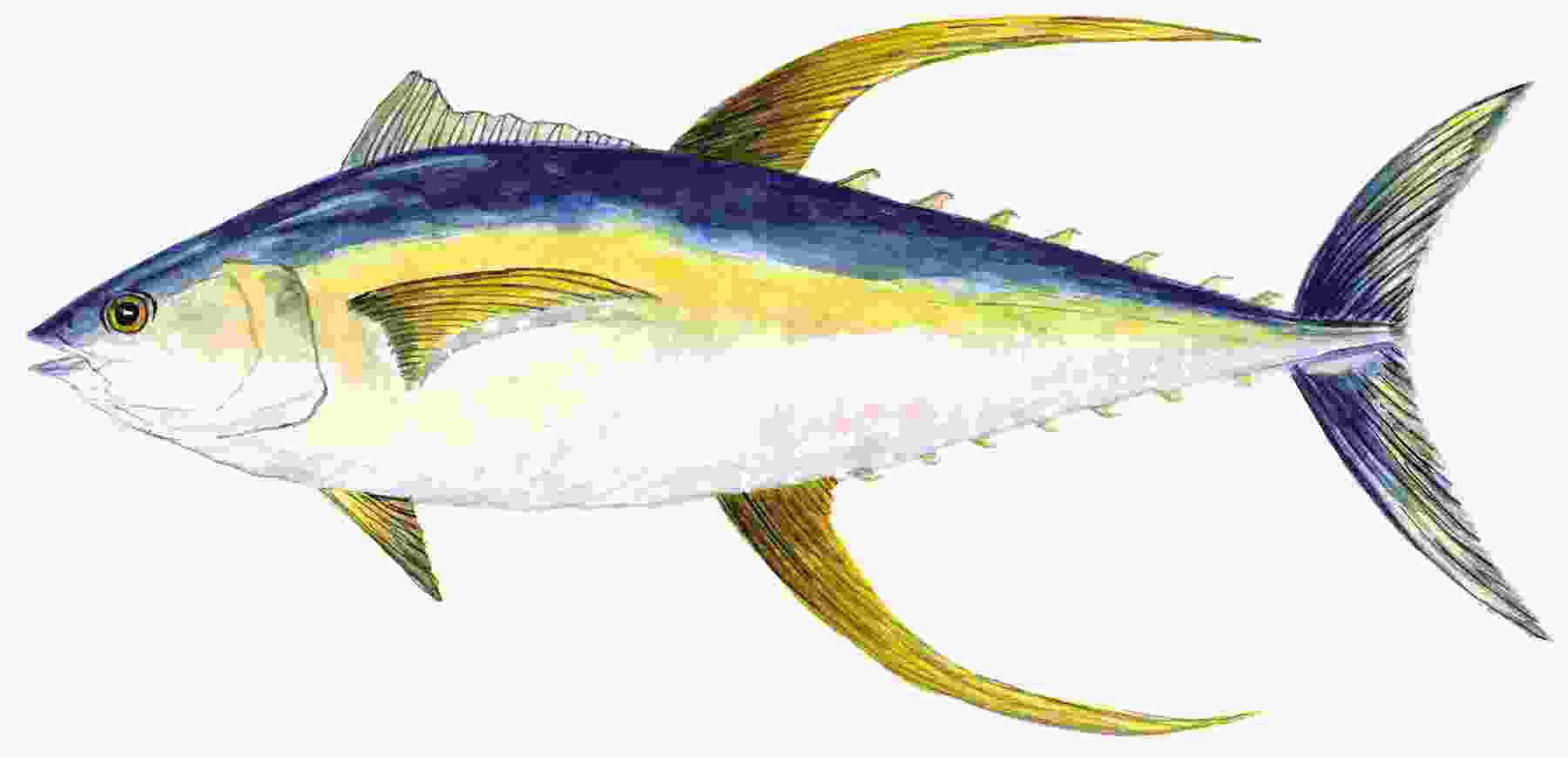The Hawaiian Department of Health said a Haleiwa restaurant linked to 42 cases of suspected norovirus in an outbreak on the North Shore has been scrubbed and is safe, but other eating establishments and food sources are still being investigated.
State Epidemiologist Sarah Park said the owners of Cholo’s Homestyle Mexican II voluntarily shut down the restaurant Tuesday afternoon to do a thorough cleaning and reopened Wednesday.
The restaurant disinfected all surfaces and utensils, under the health inspectors’ supervision, and disposed of a lot of food, she said.
The department tallied 42 suspected cases of norovirus as of yesterday afternoon. All of those 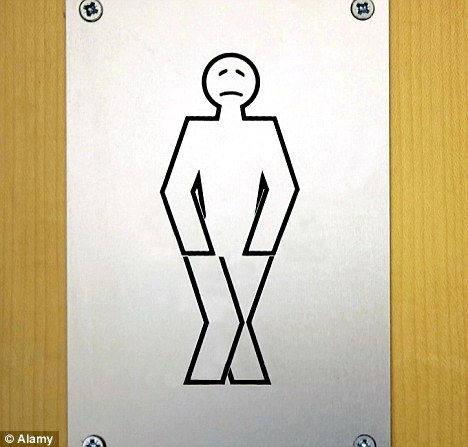 sickened reported eating at Cholo’s.
sickened reported eating at Cholo’s.
Following testing, norovirus was positively identified in one.
In addition to investigating the restaurant, where workers also reported being ill, the Health Department had been looking at the possibility that the virus spread through food served Sunday at the Haleiwa Metric Century Ride bicycling event on the North Shore. Some of that food came from Cholo’s.
Ride participant Brent Hamasaki, 40, of Kalihi, his son, 15, and father-in-law became sick Monday night.
"The only thing we had in common was we all had the fish taco plate, and we all had the salsa and the chips."

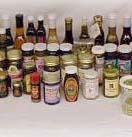 the First Commercial Kitchen plant.
the First Commercial Kitchen plant.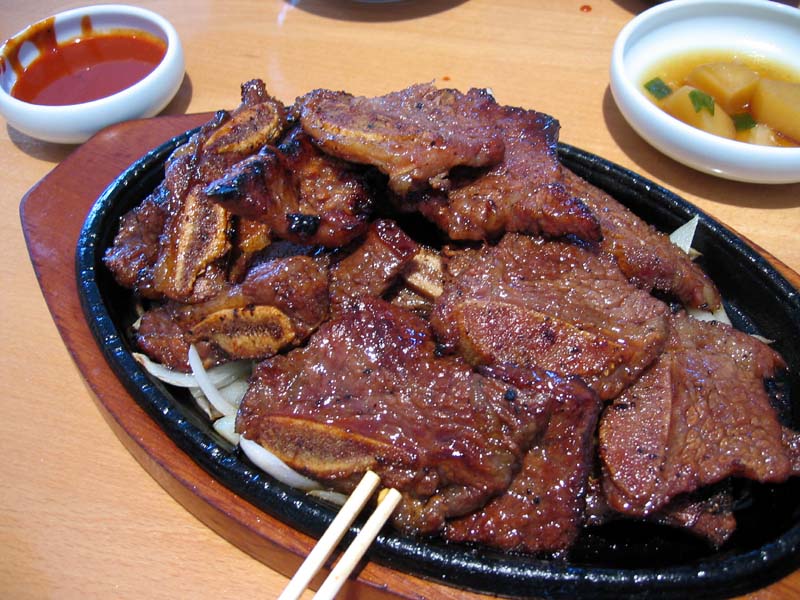 Officials said four of the seven patients were hospitalized and one of them is still in a hospital.
Officials said four of the seven patients were hospitalized and one of them is still in a hospital.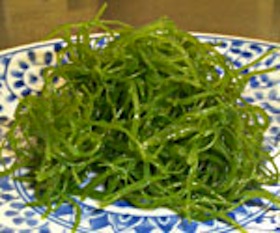 coming microbiologists in the crowd who have spent hours autoclaving, ogo is a source of the thickener agar.
coming microbiologists in the crowd who have spent hours autoclaving, ogo is a source of the thickener agar..jpg) But I still wash produce. Like the tomato that some little kid may have emptied his nose on in the grocery aisle – a colleague talking about her sleepless nights notes how she’s drowning in a “sea of snot” from her kid – or been violated by norovirus-laden fingers from a promiscuous shopper, that’s why I wash tomatoes.
But I still wash produce. Like the tomato that some little kid may have emptied his nose on in the grocery aisle – a colleague talking about her sleepless nights notes how she’s drowning in a “sea of snot” from her kid – or been violated by norovirus-laden fingers from a promiscuous shopper, that’s why I wash tomatoes. Yesterday’s advisory by the state Department of Health comes in the wake of six probable cases of rat lung-worm in Hawai’i in 2008. All those who got sick were residents of the Big Island and regularly ate fresh raw vegetables from backyard gardens.
Yesterday’s advisory by the state Department of Health comes in the wake of six probable cases of rat lung-worm in Hawai’i in 2008. All those who got sick were residents of the Big Island and regularly ate fresh raw vegetables from backyard gardens. The
The 